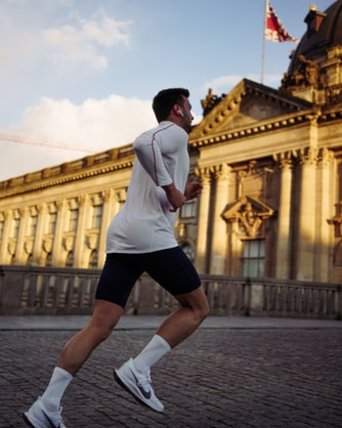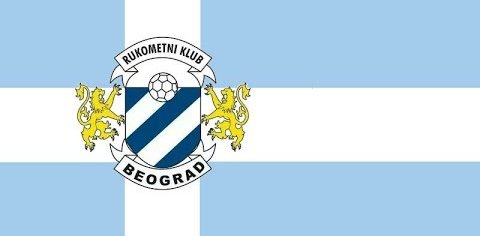Sport: Championship skill of athelets
Project
As a project partner within the Erasmus+ Program, Society Support Alliance has taken the initiative of promoting education in and through sport with special focus on skills development. Before we talk about how to facilitate positive sports environments though, we need to address the issue of why we should do this in the first place. Should coaches even play a role in facilitating positive youth development? Should they build character in their young athletes as well as technical skills? After all, coaches are primarily (and in some cases solely) trained to impart knowledge that leads to game competence (e.g. learning new technical and tactical skills, game awareness and fitness), not psychological and social skills.
Development of life skills is a complex process and with this project we want to provide insight on how this process may occur with young high-level athletes. It is also important to outline current understanding of how sport can achieve positive youth development (i.e., life skills), the role of the environment and those involved at the ‘microsystem’ level of sport.
Activites
- Kick off meeting
- Educational meeting: "Personal skills for wellbeing"
- Educational meeting: "Interpersonal skills"
- Creative meeting
- Local dissemination activities
- Final evaluation meeting
Kick off meeting
- Setting up project objectives through oral and audio visual presentations, discussions, analyses and debriefings
- Determining project scope
- Choosing project approach
- Establishing project timeline
- Identifying project team roles and responsibilities
- Constituting project management
Educational meeting: "Personal skills for wellbeing"
- Developing self-awareness, self-worth and respect for others
- Meeting challenges, managing change and building relationships
- Experiencing personal achievement, building resilience and confidence
- Understanding and developing physical, mental and spiritual wellbeing and social skills
- Reflecting strengths and skills for making better choices when planning next steps
TC Personal development
- Empowering participants to positively interact and work with others effectively
- Acquiring knowledge about leadership
- Expanding communication skills
- Establishing problem-solving abilities
- Developing team work and team building
Creative meeting
- Presentation of the results from activities M2 and M3
- Agreements on contents and design of the Toolkit
- Forming a creative team and finalization of the Toolkit
- Final agreements on formal establishment of the e-platform for online learning
- Planning further Local dissemination activities
Local dissemination activities
- Organizing a local sports day to raise awareness of the wellbeing of young people
- Presenting the project to the public and welcoming other EU participants from partner cities
- Organizing a meeting between sports organisations to foster mutual respect and help
- Building cooperative relationships with the help of local authorities
Final evaluation meeting
- Evaluation of methods and technicalities
- Evaluation of coordination, cooperation and communication among partners
- Evaluation of achieved results, outcomes and outputs
- Follow up, impact and dissemination
Objectives
- Developing skills to reflect critically and manage one’s lifestyle
- Encouraging young people to have an attitude of aspiration and the desire to set and achieve goals
- Creating and providing strategies which will enhance a person’s ability effectively and create behaviors that can influence and motivate others
- Building confidence, self-esteem, self-worth, self-belief and self-respect in young players
- To create an E-platform for skills development of young athletes
Results
- Covering two main pillars for skill development of youth athletes
- Developing personal skills for wellbeing as they represent the most fundamental of all skills for self-preservation
- Setting up interpersonal skills of individuals to work well in a team or group, as well as with other people
One place for all documents
Download
Results of the project "Championship skills of athletes" are in the form of Toolkit, aiming to develop personal and interpersonal skills of athletes.
Go to downloads



